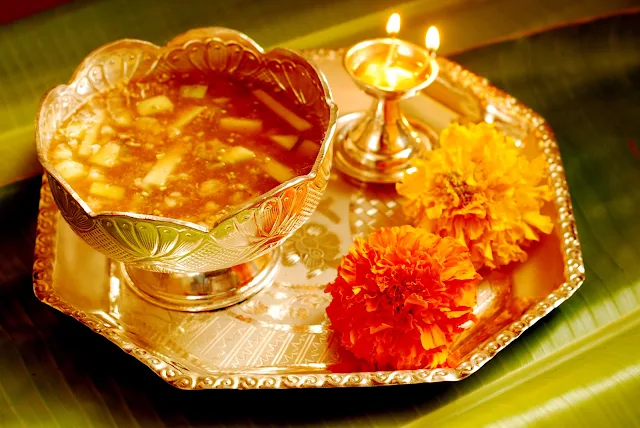Ugadi, the Telugu New Year, is one of the most awaited and grandly celebrated festivals in Hyderabad. Marking the beginning of a new era, Ugadi is a time for joy, family gatherings, and cultural traditions that define the rich heritage of Telangana and Andhra Pradesh. This year, Hyderabad is all set to welcome Ugadi with enthusiasm, blending tradition with modern celebrations.
The Significance of Ugadi
Ugadi, derived from the Sanskrit words ‘Yuga’ (age) and ‘Adi’ (beginning), signifies the start of a new year according to the Telugu and Kannada lunar calendar. It is believed that Lord Brahma began the creation of the universe on this auspicious day. The festival usually falls in March or April, marking the arrival of spring and new possibilities.
How Hyderabad Celebrates Ugadi
The city of Hyderabad comes alive with vibrant celebrations, from temples to homes, streets to markets. Here’s how the festival unfolds:
1. Traditional Rituals and Puja
Devotees begin their day with an early morning oil bath and visit temples such as the Birla Mandir, Chilkur Balaji Temple, Yadadri Temple, and Balkampet Yellamma Temple to seek blessings for the new year. Special Ugadi Panchanga Sravanam (almanac reading) is conducted at various temples and cultural centers, predicting the year’s fortunes based on astrology.
2. Ugadi Pachadi – The Symbol of Life
One of the most essential elements of the celebration is Ugadi Pachadi, a special dish made with six distinct flavors – sweet, sour, bitter, salty, tangy, and spicy. These flavors represent different emotions of life:
Jaggery (Sweetness) – Happiness
Neem Flowers (Bitterness) – Challenges
Tamarind (Sourness) – Surprises
Raw Mango (Tanginess) – Growth
Salt (Saltiness) – Interest in life
Chili (Spiciness) – Anger and excitement
This unique preparation reminds everyone to embrace life with all its ups and downs.
3. Festive Foods and Feasts
Apart from Ugadi Pachadi, Hyderabadis prepare a variety of traditional dishes such as Pulihora (Tamarind Rice), Bobbatlu (Sweet Flatbread), Garelu (Lentil Fritters), and Payasam (Rice Pudding). Restaurants and food stalls in the city offer special Ugadi Thalis, allowing even those who don’t cook at home to relish the festive delicacies.
4. Shopping and Festive Markets
The days leading up to Ugadi witness a shopping frenzy, with people buying new clothes, gold jewelry, and home decor. Popular shopping hubs like Laad Bazaar, Sultan Bazaar, Charminar, and Abids are bustling with activity. Fresh mangoes and neem flowers, essential for Ugadi rituals, are abundantly available in markets like Monda Market and Gudimalkapur Market.
5. Cultural Events and Festivities
Hyderabad hosts several cultural events, including classical music and dance performances, poetry recitals, and literary gatherings. Prominent cultural centers like Shilparamam and Ravindra Bharathi organize special programs showcasing Telugu traditions. TV channels also air Ugadi special programs, featuring movie premieres, comedy shows, and devotional content.
Modern Ugadi Celebrations in Hyderabad
While traditional customs remain intact, many Hyderabadis now blend them with modern celebrations. Social media is filled with Ugadi greetings, virtual family meetups, and festival reels. Some people even opt for staycations at resorts near Hyderabad to celebrate the festival in a relaxed manner.
Conclusion
Ugadi in Hyderabad is a perfect blend of tradition, spirituality, and festivity. Whether it’s the temple visits, the delightful Ugadi Pachadi, or the vibrant cultural programs, the city embraces the new year with positivity and joy. As Hyderabad welcomes another year with open arms, let’s celebrate Ugadi with hope, health, and happiness!
Wishing everyone a Happy and Prosperous Ugadi!


Post a Comment
0Comments